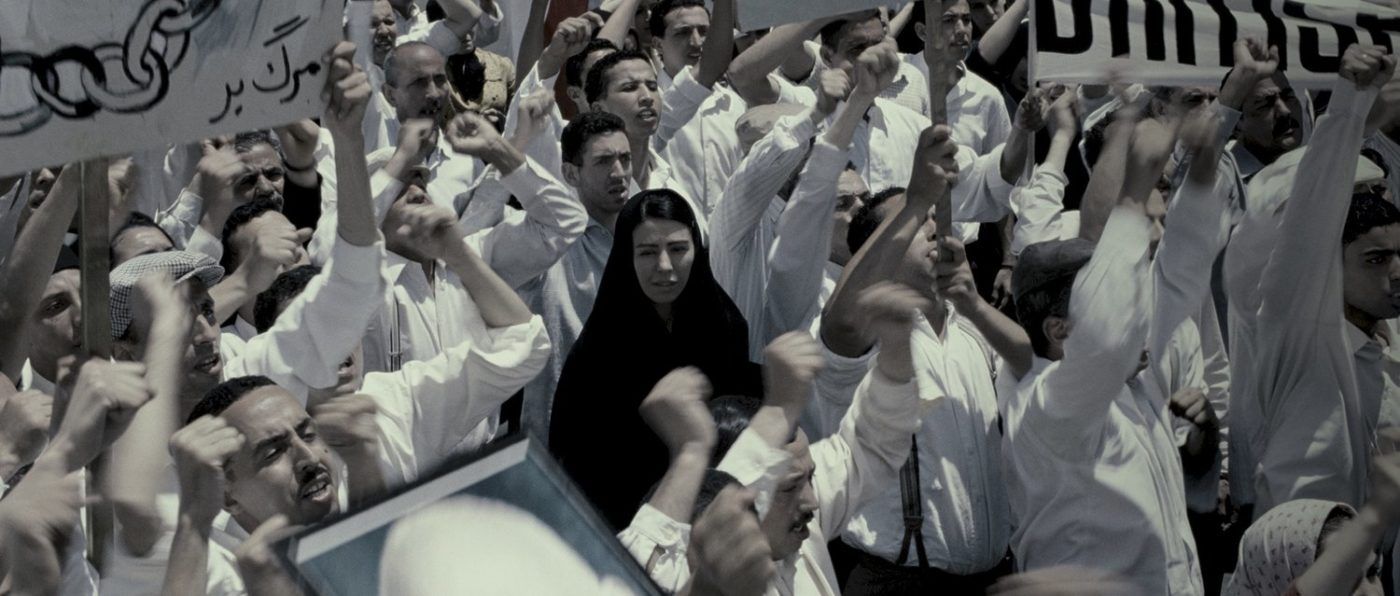The first feature by artist Shirin Neshat, based on Shahrnush Parsipur’s novel of the same name, the film follows four women who find solace and companionship in an orchard garden during Iran’s 1953 CIA-backed coup d’état. A series of politically and religiously charged vignettes set in Tehran, Women Without Men artfully depicts the socio-political landscape that led to the Iranian revolution. Neshat, an Iranian whose family fled to America prior to the coup, infuses the film with her memories, real and imagined, of her motherland. This film serves as a platform for this refugee director to reminisce, analyze, and dream about the country that has inspired the lion’s share of her artistic work in a way that’s both historic and poetic.
Preceded by
The House is Black
Forough Farrokhzad, 1962, 26m, DCP, Iran
The House is Black is an empathetic portrait of a leper colony from Iranian poet Forough Farrokhzad. Her work, both in film and poetry, has influenced everyone from Iranian New Wave master Abbas Kiarostami to French essay film pioneer Chris Marker.
